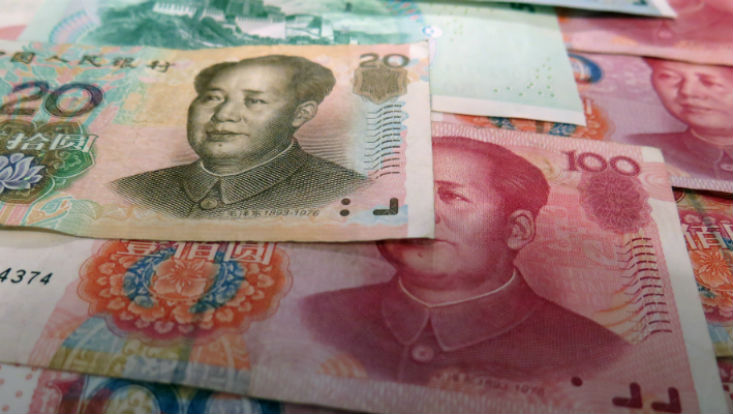Resolving the EU-China solar panels trade dispute
19 April 2018, by Internetredaktion

Photo: Pixabay
Five years ago, the European Union imposed provisional anti-dumping tariffs on Chinese solar panels. Since then, Brussels and Beijing defused this dispute. Dr Coraline Goron from the University of Oxford China Center demonstrates this in an article in the China-EU Law Journal, the China-EU School of Law’s research magazine.
In 2012, the European Commission launched an antidumping investigation into solar photovoltaic cells, wafers and modules imported from China. This covered a trade value estimated at 21 billion euros in 2011, or roughly 4.8 per cent of Chinese exports to the EU. “This was the most significant anti-dumping complaint the Commission had ever received,” Goron says. In 2013, the Commission found evidence of dumping and threatened to impose tariffs in the range of 37.3 to 67.9 per cent. World Trade Organisation law allows these tariffs. If a foreign manufacturer offers goods below production price, the country whose domestic industry is hurt by the unfair competition can adopt trade defense measures.
“However, the Commission’s position became contested by sectors of the EU industry and civil society,” Goron says. Climate protection was at the core of the EU and China’s strategic partnership. In the lead up to the Paris Conference the sharp reduction in the price of solar panels installed in Europe induced by the Chinese imports was seen by many as positive for EU’s climate policy goals.
Thus, the escalation of the solar panel antidumping case brought the EU and China to the brink of a trade war. Based on an analysis of legal texts, statutes, strategy papers and interviews with Chinese and European experts, Goron shows that the dispute involved not only a confrontation between the EU and China but also complex economic and environmental arguments intertwined with the deployment of trade defense measures by the European Union.
“The initially dominant narrative, which called for tariffs as a way to prevent the Chinese solar industry, supported by the Chinese state, to create a global monopoly for itself, succumbed to an alternative narrative,” Goron explains. “It became evident that the EU and China’s industrial interests were intertwined in the global green energy supply chain, and that, for the sake of addressing climate change, a better strategy for the EU was to harness China’s comparative advantage to scale up photovoltaic panels production and consolidate industrial support for climate policy globally.” At the same time, the EU kept on pushing for increased market access for European technology providers and market building policies for solar energy in China and globally.
This led the European Commission to accept to settle the dispute by negotiating a minimum import price with the Chinese solar industry, while keeping import duties set at an average of 47,7 per cent as a back-up option. These measures where renewed in 2015 and in 2017, but the backup duties were progressively lowered to 30 per cent and the minimum import price was reduced and differentiated to converge with global market prices.
Original publication: Goron, C. China-EU Law J (2018): “Fighting against climate change and for fair trade: finding the EU’s interest in the solar panels dispute with China” https://doi.org/10.1007/s12689-018-0080-z


